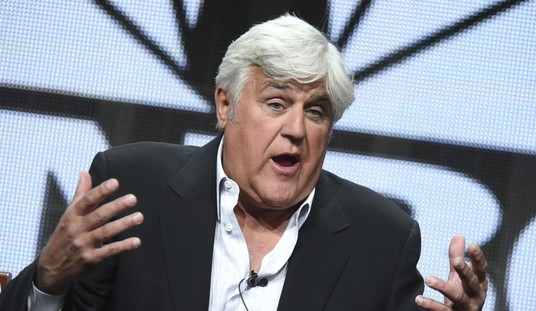My observations on the tax-cut deal:
I don’t have a problem with extending the UI benefits. As I’ve said elsewhere, I think there are a few million people out there, mostly middle-aged, who will never see another job at their old rate of pay, and this is because the economy is changing, not because of recession. We’re going to eventually end up with permanent income supports for these people, so get used to it.
I do have a problem with the payroll tax cut: not big enough and not long enough. This cut will feed maybe $85bn or so into the economy next year (by the back of my envelope), but if we eliminate the payroll tax altogether (and both sides of it too), the hit could be more like $700bn. Now that’s stimulus I can believe in.
“But Francis, you hypocrite, you were against the $800bn porkulus last year.” Yes, but this is an altogether different stimulus. Last year’s was fed to Democratic state and local politicians, who passed it on to their union supporters. A full payroll tax holiday would go to ordinary people all over the country. And ordinary people are the ones I want to see empowered, not politicians.
To the deficit question: yes, a payroll tax holiday increases the deficit. Now show me a red-blooded Tea Party type who has a middle-class or low-end job and believes that, for deficit-reduction reasons, she should NOT get an immediate 7% pay hike, together with another 7% later as prevailing wages rise. The people don’t hate deficit spending. They hate deficit spending that provides no clear benefit to them.
Hard-core anti-Social Security types on our side have long wanted to reduce the payroll tax, just to prove to everyone that SS is just another current expense, and not truly an insurance benefit. Heads are exploding on the Left, where SS is one of the Ten Commandments, because none of them ever figured Obama would be the one to let this particular camel’s nose under the tent. This is a side-benefit that I’m happy to get.
The estate-tax reduction is a welcome surprise. No, it’s not enough, but we might get another crack at it later. And this is something that is pure class warfare, since the revenue it generates is trivial. I’m delighted to see the Left get hurt (by Obama, no less!) on this one.
On the income-tax reduction for high earners: Here, there is a deficit-based rationale for doing it the President’s way. But the argument from job-creation trumps it. Sorry, economists, I’m a job-creator myself, and I can tell you that increasing the drag on my company’s earnings most definitely cuts job growth.
And besides, what about Paul Krugman’s column yesterday? He literally told Obama to kiss off the deal and let EVERYONE’S taxes rise at the end of the year, if he couldn’t get a tax hike for high earners. Krugman let his true feelings show with that. He’s not about what makes economic sense. This has been pure class warfare all along.
And finally, on not allowing the capital-gains rate to rise from 15% to 39.6% with a 4% Obamacare surplus on top of that: HALLELUJAH, thank you Jesus! For this, I might even start saying nice things about the Republicans.
Political calculus: do not be surprised if this ends up playing as a win for Obama. He’s going to say that he’s really a moderate leader capable of making the compromises that it takes to govern. My guess is that by giving us so much of what we wanted, he strengthens his political position, not the reverse.
On the economic effects: YES. Removing the uncertainty surrounding tax rates will make a lot of businesspeople feel more confident about planning for growth and hiring. It doesn’t remove the fundamental drag on business performance in the US, which is poor final demand, but it helps.













Join the conversation as a VIP Member